Analysis and commentary on the Network’s experiences coordinating climate-resilient development.
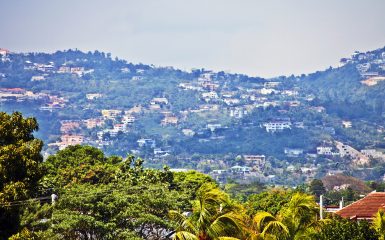
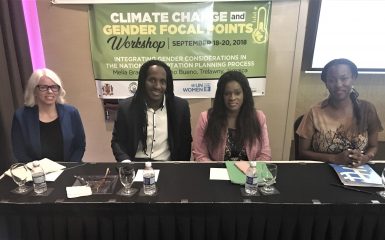
Climate Change and Gender Specialists Meet in Jamaica
RIO BUENO, JAMAICA – This week, more than 30 specialists from the Caribbean will meet in Jamaica for the first time to discuss two very important topics – gender equality and climate change adaptation planning – and how they intersect. This two-and-a-half-day workshop will be co-hosted by the Government of Jamaica, Climate Change Division (CCD), […]
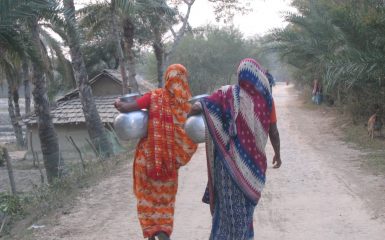
Gender and Climate Change Adaptation: A learning journey
By Angie Dazé, IISD
The first time I was exposed to the gender dimensions of climate change adaptation was almost 15 years ago in the southwestern region of Bangladesh. I was working on a community-based adaptation project—in those days, taking a locally driven approach to adaptation was innovative in and of itself! In these rural communities surrounded by mangroves […]
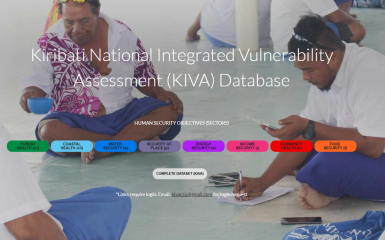
Canada Supports Adaptation in Four Pacific Island States
Canada supported in-country NAP programming in four Pacific islands, as well as peer learning and research on gender in NAP processes
The Canadian government, through Environment and Climate Change Canada, provided funding for in-country NAP support programs in Fiji, Kiribati, Tuvalu and Solomon Islands between April 2017 and March 2018. Canada also supported a Targeted Topics Forum attended by representatives from 21 countries, as well as the development of a series of knowledge products on how […]
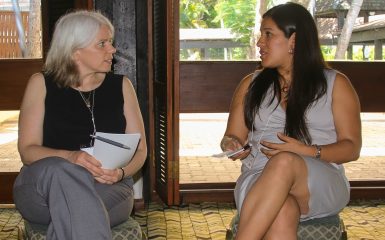
Gender-Responsive Adaptation in Peru
Interview with Ivonne Yupanqui Valderrama, Peru, on integrating gender into the National Adaptation Plan process.
In February 2018, the Government of the Republic of Fiji and the National Adaptation Plan (NAP) Global Network co-hosted workshops to emphasize why gender needs to be integrated into climate change planning and action. Angie Dazé from the International Institute for Sustainable Development and Maritza Ivonne Yupanqui Valderrama—Director General of Peru’s Department of Gender Mainstreaming […]
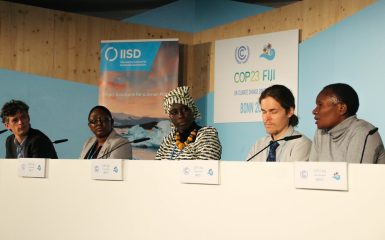
COP 23: Moving the conversation on gender and climate change adaptation forward
by Angie Dazé and Julie Dekens, IISD
The first United Nations Framework Convention on Climate Change (UNFCCC) Gender Action Plan (GAP), developed under the Lima work program on gender, was adopted at COP 23 to help UNFCCC parties implement gender-related decisions and mandates under the UNFCCC process. The (draft) decision includes a commitment to gender balance, participation and women’s leadership and gender-responsive […]
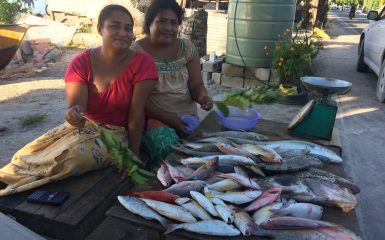
Kiribati Strengthens Gender Considerations in the Revision of its NAP Document
Julie Dekens (IISD), Choi Yeeting (Office of the President, Kiribati), Anne Kautu (Ministry of Women, Youth and Social Affairs, Kiribati)
See also: NAP Global Network report on Strengthening Gender Considerations in Kiribati’s NAP Process. Kiribati—a country made of 33 low-lying atolls scattered across the Pacific Ocean—is already experiencing an increase in sea-surface temperatures and sea-level rise. Adding to these risks is Kiribati’s extreme remoteness, with hundreds of kilometres of ocean between the atolls and their […]
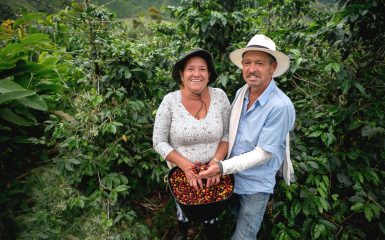
Three Key Actions to Make NAP Processes More Gender-Responsive
by Angie Dazé and Julie Dekens, IISD
Following our pilot analysis of how gender considerations are being integrated into national adaptation planning documents, we at the National Adaptation Plan (NAP) Global Network have been reflecting on the best way forward to achieve gender-responsive NAP processes. How can country teams move forward in addressing gender issues in their NAP processes? We have developed […]
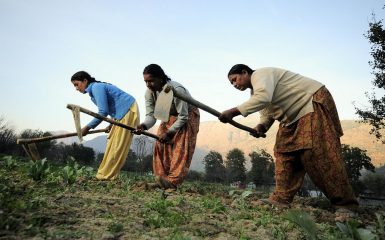
Gender in National Adaptation Plan (NAP) Processes: A pilot review of climate change adaptation planning documents from 15 countries
by Angie Dazé and Julie Dekens, IISD
The linkages between gender and climate change adaptation have been recognized as a key issue under the United Nations Framework Convention on Climate Change (UNFCCC) since the early 2000s. The 2015 Paris Agreement increased the ambition on gender, referring to gender equality and women’s empowerment and calling for action on climate change to be gender-responsive. […]
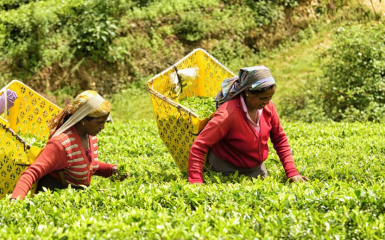
Gender, Adaptation Planning and the Art of Asking the “Right” Questions
by Angelica V. Ospina, IISD
Limited access by women and girls to productive assets—including land, financial resources and information—as well as their limited participation in decision-making processes can exacerbate the consequences of climate change shocks and stresses, particularly in vulnerable developing countries. A recent webinar by the Food and Agriculture Organization (FAO) of the United Nations convened a range of […]